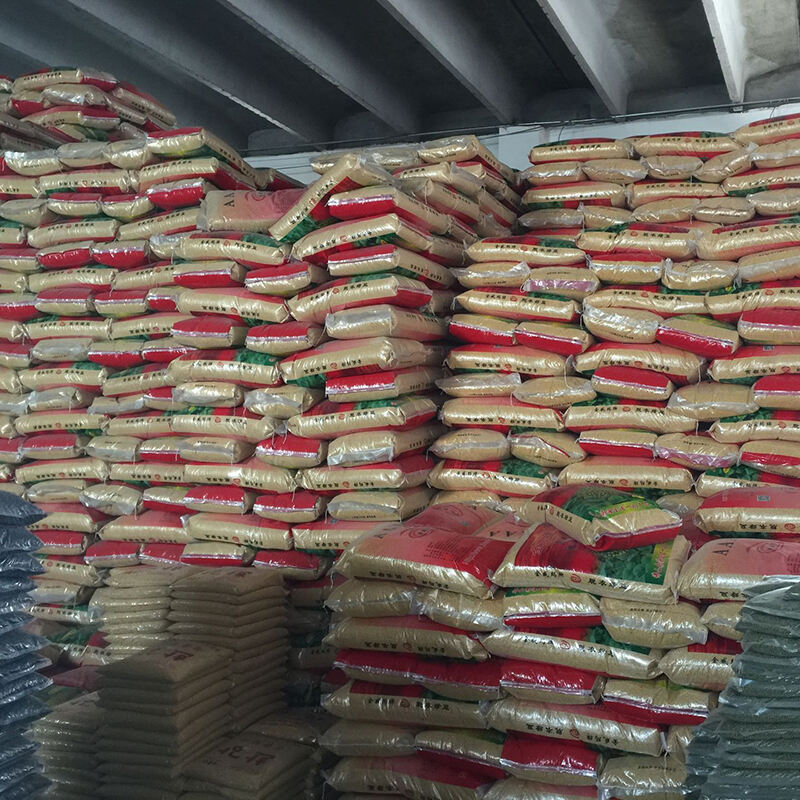white sesame seeds price
White sesame seeds have become an increasingly important commodity in the global market, with prices fluctuating based on various factors including harvest yields, market demand, and international trade conditions. The current white sesame seeds price reflects the premium quality and versatility of these nutrient-rich seeds. Typically sold in bulk quantities ranging from 25kg to container loads, white sesame seeds are priced according to their grade, purity level, and origin. Premium quality seeds command higher prices due to their superior oil content, uniform color, and cleanliness. The pricing structure also takes into account the processing method, whether the seeds are hulled or unhulled, and their intended use in various industries including food manufacturing, cosmetics, and pharmaceutical applications. Market analysts closely monitor white sesame seed prices as they can significantly impact the food industry, particularly in regions where sesame is a staple ingredient. The price point often reflects the seed's exceptional nutritional profile, including high levels of protein, healthy fats, and essential minerals, making it a valuable ingredient for both commercial and consumer use.


